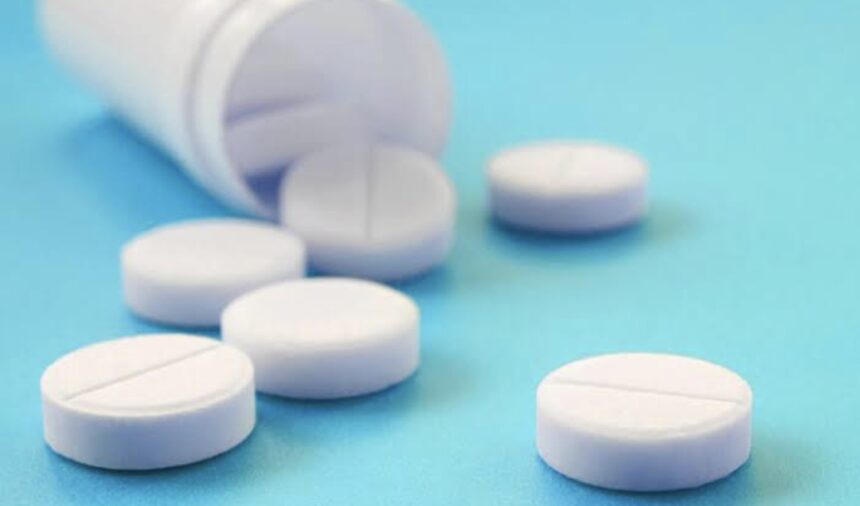Dr. Chukwudi Njelita, Chief Medical Director of Rock Foundation Hospital, Awka, has cautioned Nigerians against the misuse and excessive intake of pain relievers, commonly known as Non-Steroidal Anti-Inflammatory Drugs (NSAIDs), warning that such habits could increase cases of peptic ulcer disease.
Speaking in an interview with journalists in Awka on Monday, Dr. Njelita explained that peptic ulcer occurs when the inner surface of the stomach or upper part of the intestine becomes eroded due to an imbalance in acid secretion.
He said, “Ulcer is mainly caused by excessive acid secretion, which erodes the protective lining of the stomach. Although acid plays a key role in protein digestion, it must remain within a safe level to avoid ulceration.”
According to him, the misuse of NSAIDs — drugs such as aspirin, diclofenac, indomethacin, and ibuprofen — can worsen ulcer conditions by breaking down the stomach’s mucosal lining and stimulating more acid production.
“While these drugs help relieve pain and arthritis symptoms, taking them in high doses or for prolonged periods without medical supervision can trigger harmful chemical reactions that damage the stomach lining,” Njelita said.
He identified Helicobacter pylori infection as the primary cause of ulcers, explaining that NSAID abuse often worsens the condition. “When doctors prescribe painkillers, they usually confirm that patients can tolerate them to avoid complications like peptic ulcers,” he added.
Dr. Njelita listed symptoms of peptic ulcer to include upper abdominal pain, discomfort in the middle back, and, in severe cases, bleeding that could result in darkened stools known as melena.
He dismissed the popular belief that hunger causes ulcers, describing it as speculative and unscientific.
For effective management, he advised combining drugs that eradicate Helicobacter pylori with medications that reduce acid secretion. “A combination therapy lasting two to three weeks can significantly improve ulcer conditions,” he said.

